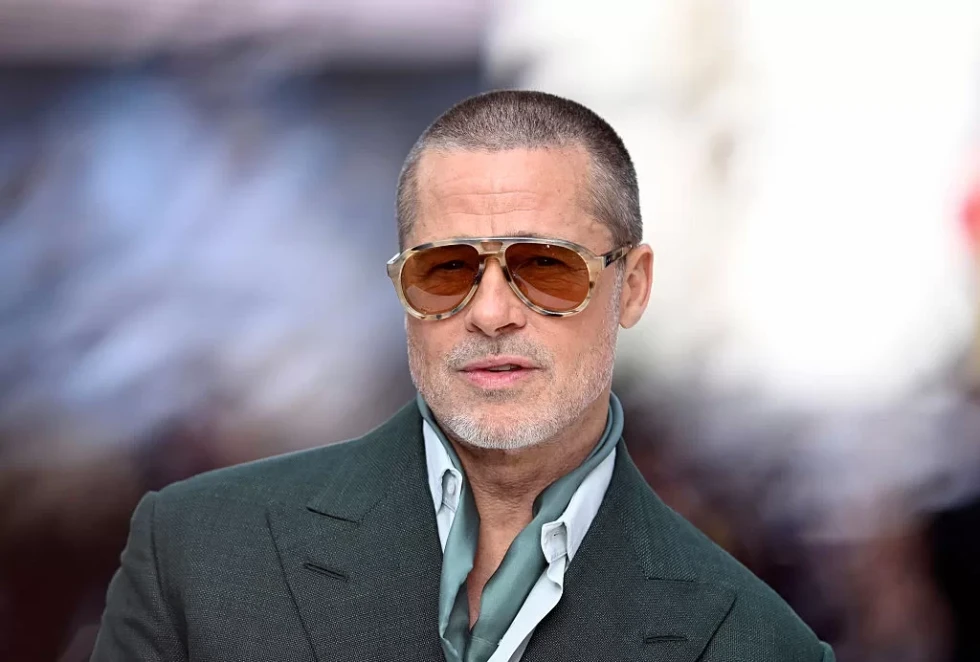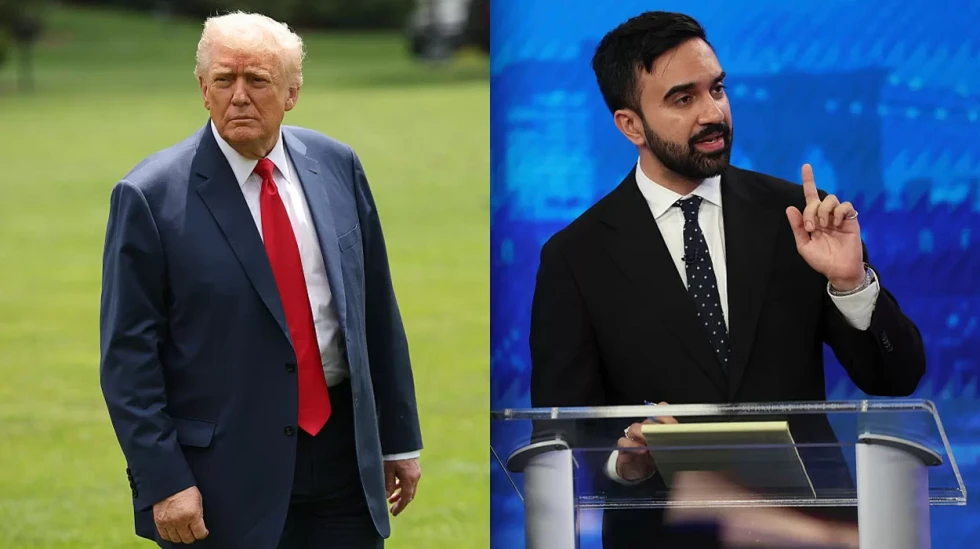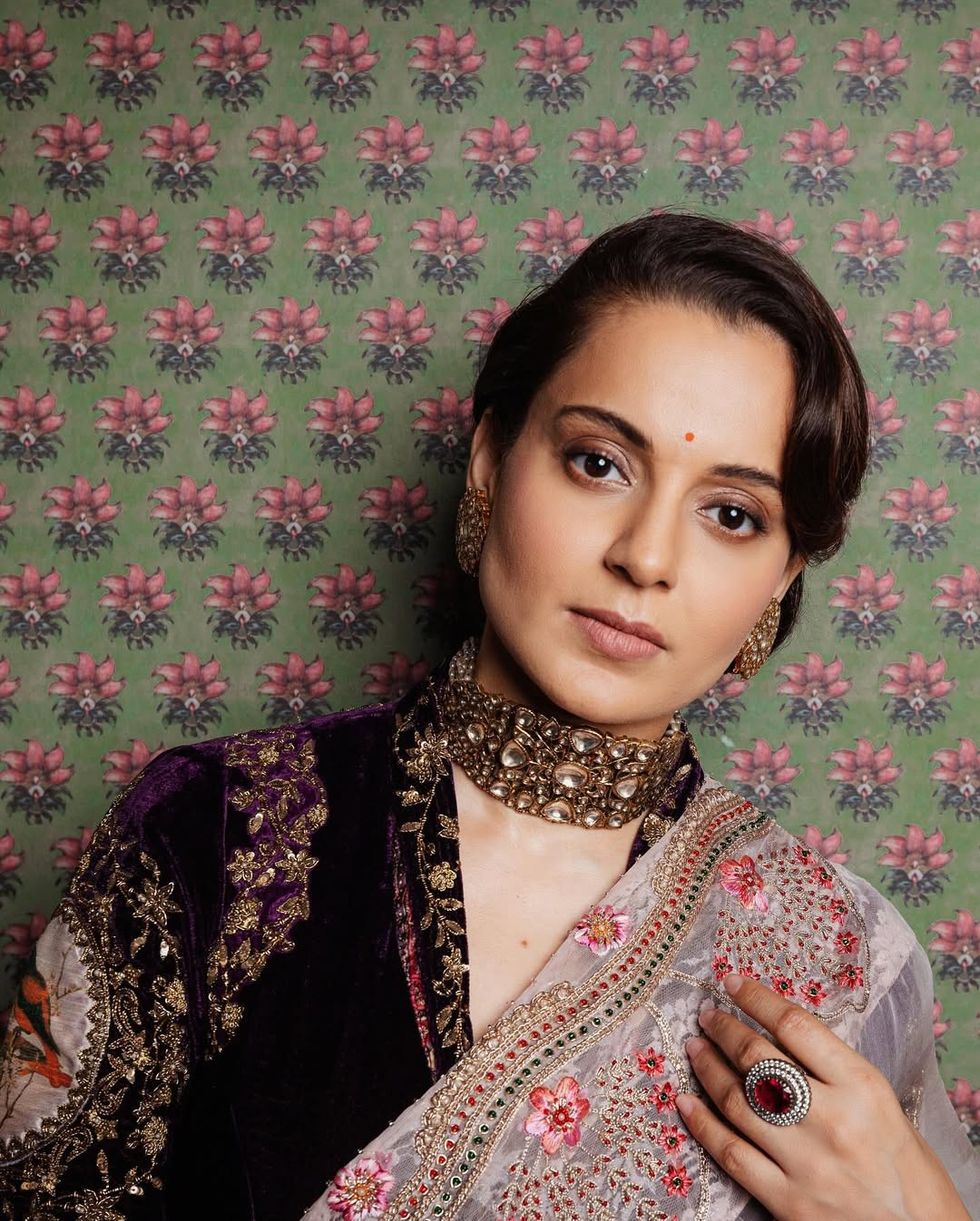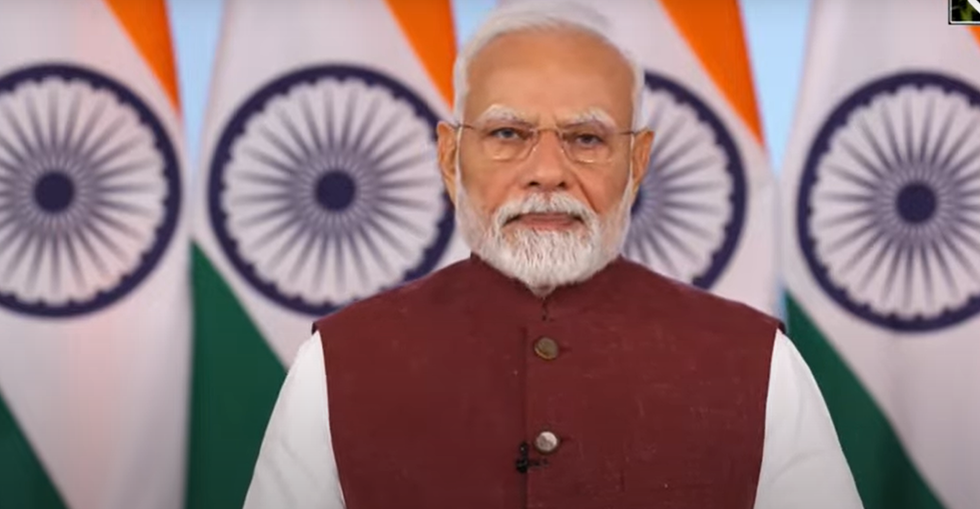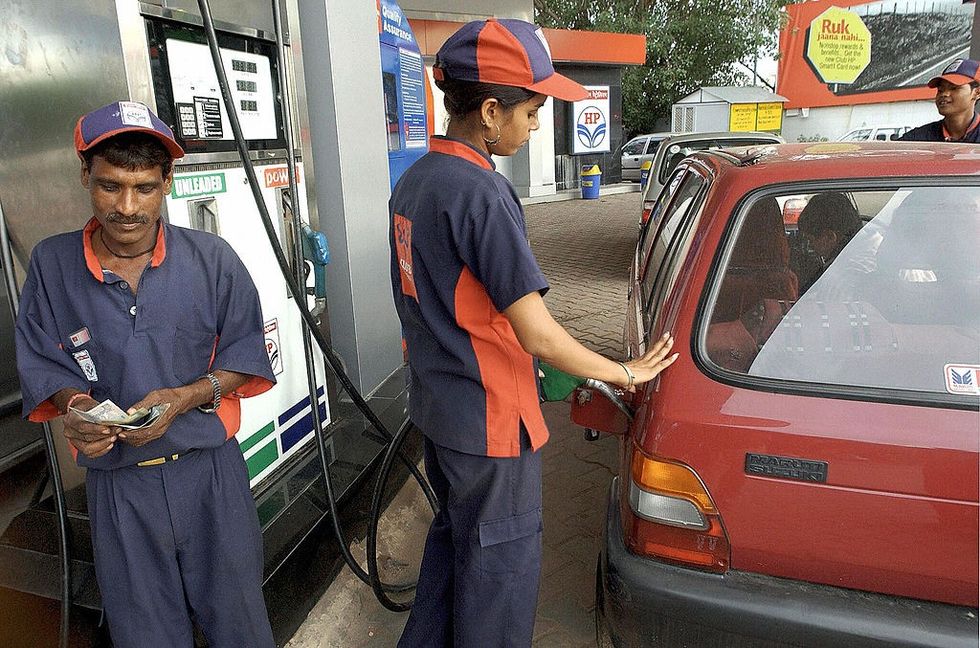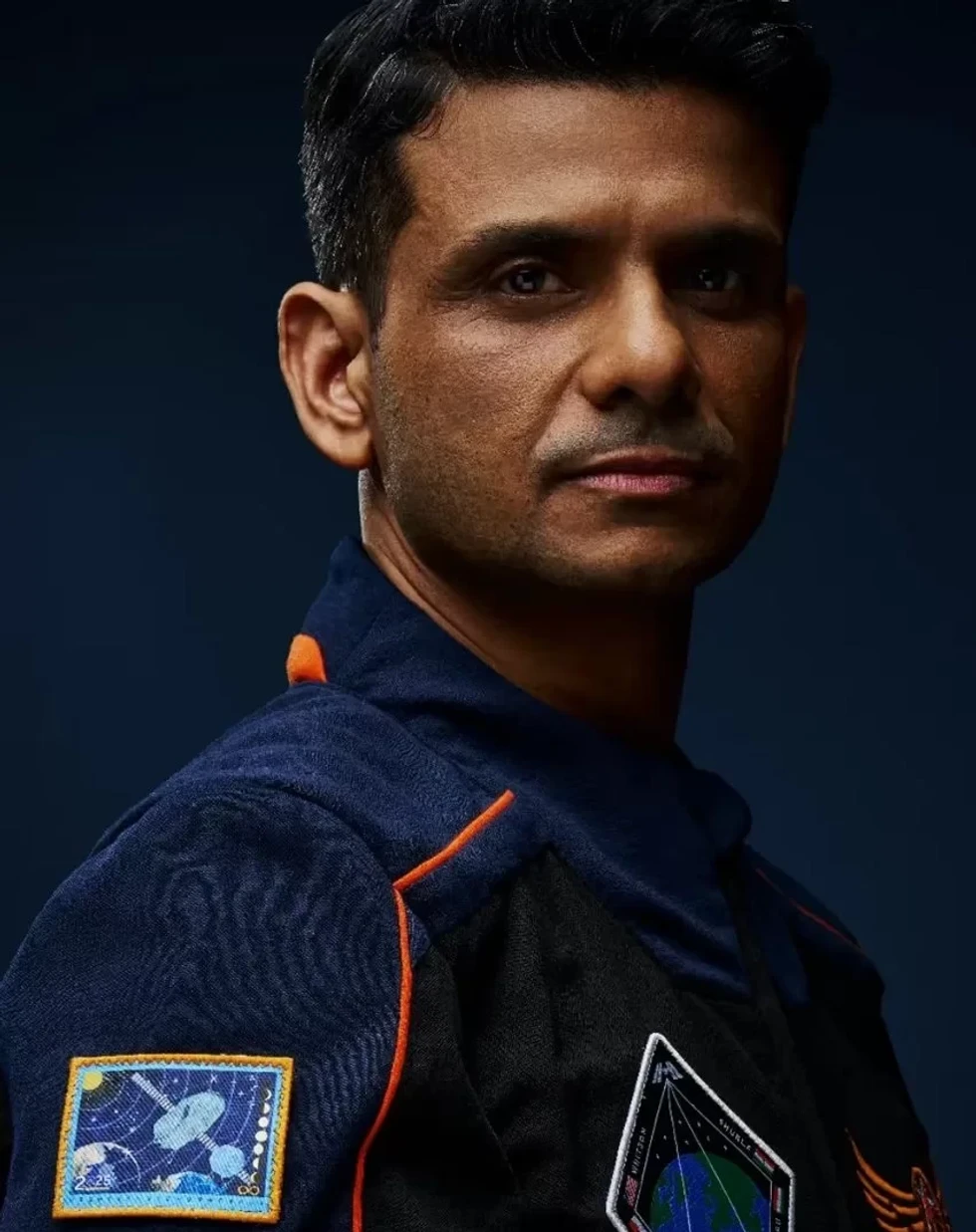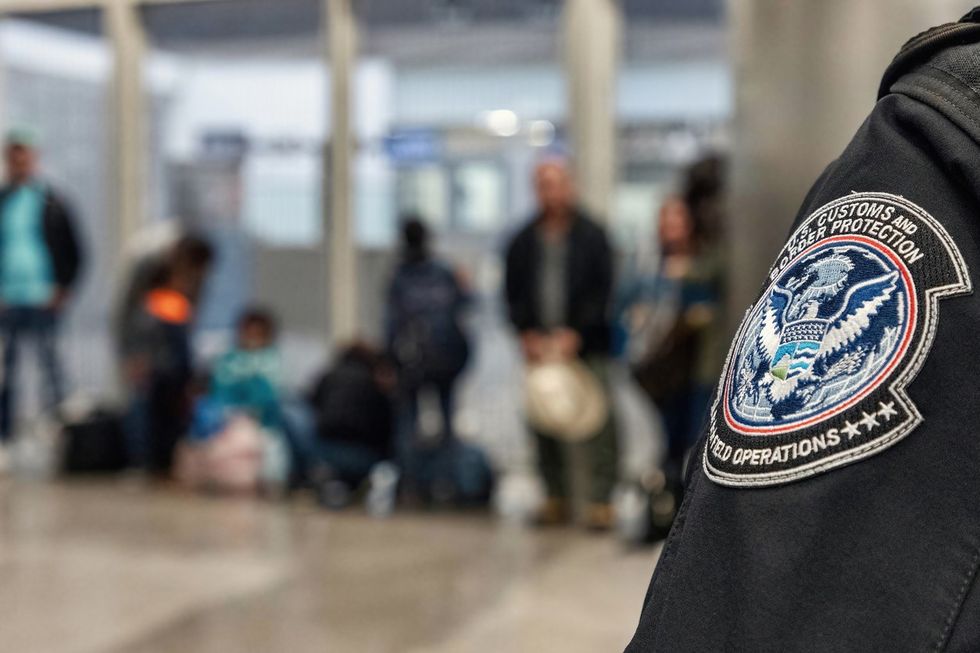THE year 2024 is one of elections. At least 60 countries worldwide are seeing elections -- parliamentary, presidential or major assembly -- with an estimated population of more than two billion people casting votes, according to the US-based International Foundation for Electoral Systems’ Election Guide, making 2024 the ‘biggest election year’.
The most democratic and the least democratic one to head to the polls, according to the Economist Intelligence Unit, are Iceland and North Korea, respectively. These elections will influence the future trajectories of bilateral relations among several nations in the context of global power shifts.
The world’s largest democracy, India and the oldest modern democracy, the US, are also part of these statistics. In April and May 2024, an Indian electorate of over 60 million people will cast their votes with eyes on prime minister Narendra Modi, the world's most popular leader with an approval rating of 76 per cent, as per the data released by US-based consultancy firm Morning Consult, and his Bharatiya Janata Party.
Read:Haven’t interfered in Canada elections, rather it meddled in ours: India
The people of India will cast votes in the context of the G20 presidency, the digital era and on the verge of becoming a US$ 5-trillion economy.
On November 5, the US is likely to witness the first rematch elections in almost 70 years between president Joe Biden representing the Democratic party and former president Donald Trump of the Republican Party.
Read:As race for American presidential election heats up, Haley makes an India promise
India-US relations witnessed new facets in 2023. Both nations took further steps to deepen their partnership, especially in the technology domain by inaugurating the Initiative on Critical and Emerging Technology in January 2023 to build a ‘strategic technology partnership’.
The joint statement by the two nations released in June 2023 reflects the diverse nature of the partnership, encompassing collaborations in critical and emerging technologies, space exploration, the semiconductor industry, advanced telecommunications, quantum coordination, and defence. It highlighted the shared commitment to advancing common goals in science, technology, defence, and global peace. The US was India's biggest trading partner in 2022-23.
The bilateral trade between India and the US rose 7.65 per cent to $128.55 in 2022-23 against $119.5 billion in 2021-22.
The international relations between India and the US will also be on the ballot this year. According to the Lowy Institute’s Asia Power Index, the US still holds the place for the most influential country across a range of metrics such as military, cultural sway and others while lagging behind China in economic prowess. In the international arena, the world is witnessing the most active conflicts of any time since the end of the Second World War with major nations involved in armed proxy wars in Ukraine, Palestine, Sudan, and Yemen.

Before the 2020 US elections, considering Trump’s presumed relations with Modi, India had doubts about the new government. But, Biden and Trump have always displayed a positive inclination towards India and supported India on many international platforms.
Many experts have reiterated that the relations between both nations have a strong foundation in the domain of technology, defence, trade and investment. Collaborative developmental steps have been taken to influence the Indo-Pacific region to limit China's influence by addressing geopolitical concerns through economic diplomacy.
The relations between India and the US are multifaceted and of an evolving nature as both nations have continued to find mutual grounds for partnership. This shows that the presidential poll outcome is less unlikely to impact India-US relations and India holds confidence in these relations, also considering the diplomatic steps that have been taken.
The Indian diaspora also has a role in play. The country has the largest diaspora population in the world, with Indian immigrants accounting for approximately six per cent of the US foreign-born population, making them the second-largest immigrant group in the country.
Statistics show that the Indian-Americans are likely to be inclined more towards the Democratic Party. Things can change if the people start taking the impact of these elections on India-US relations into account, considering the fact that they hold a significant population in swing- states.
There are many challenges in front of US leaders which can impact the India-US bilateral relations. Trump, a very good friend of India, is facing legal challenges related to his role in the January 6, 2021, Capitol attack. On the international front, the ongoing conflicts in Ukraine and Israel can impact the relationship between the world's largest and oldest democracies.
The issue of illegal migration in the US can also strain the relations. Indian foreign minister Subrahmanyam Jaishankar's recent visit to Russia is interpreted as a move to reinforce the idea of a multipolar world and maintain positive relations with all major players.
The relationship between the US and India has evolved in many areas and both nations continue to build it. Considering a strong foundation, the nations can possess confidence in it and look forward to more diplomatic engagements, technological innovations and trade. Both countries can relish the hidden potential by collaborating in space and other unexplored domains.
Mahima Sharma serves as a Research Analyst at Global Strategic and Defence News, demonstrating expertise in geopolitics, international relations, gender studies, public policy, and environmental affairs.


